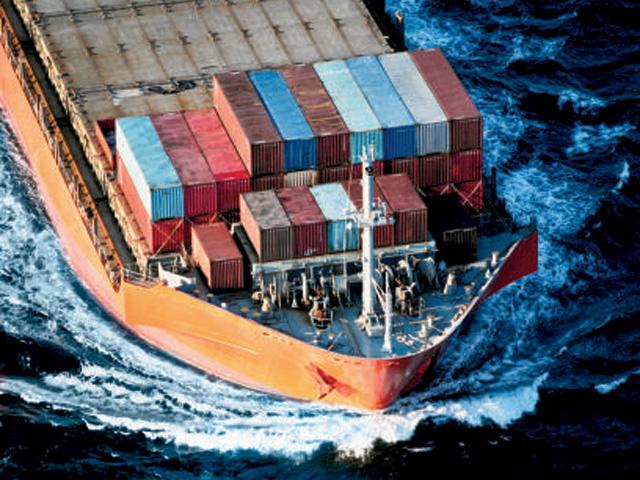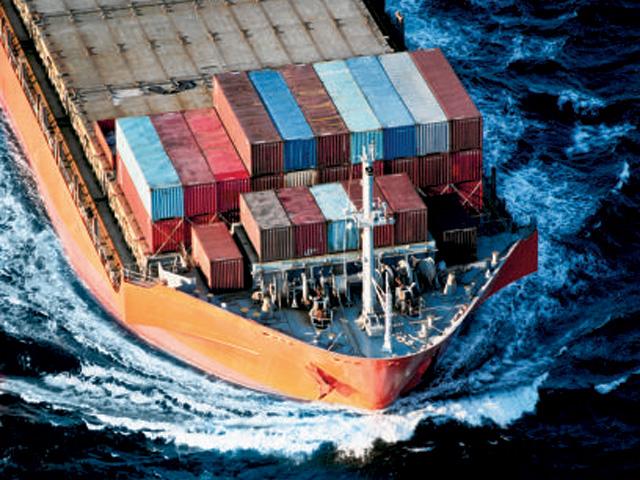Ethanol Blog
RFA Intervenes in EU Lawsuit Challenging Regs That Put Ethanol, Fossil Fuels on Same Carbon Footing
LINCOLN, Neb. (DTN) -- The European Union's FuelEU Maritime regulation puts crop-based biofuels like corn ethanol on the same carbon-emissions footing as fossil fuels and now a national ethanol interest group in the U.S. petitioned a European court to intervene in a lawsuit challenging that regulation.
The Renewable Fuels Association filed a petition on March 28 to intervene in support of a legal challenge brought by European ethanol producers, the RFA said in a news release.
"By arbitrarily assuming crop-based biofuels like ethanol have the same lifecycle carbon emissions as the dirtiest fossil-based marine fuels, the EU regulation effectively bans the use of renewable, crop-based marine fuels as a tool for decarbonizing the maritime sector," RFA said.
The original legal challenge was filed by ePURE, a trade association representing European ethanol producers, and Pannonia Bio, one of Europe's largest ethanol producers.
Their application filed with the General Court of the European Union seeks to annul the relevant provisions of the FuelEU Maritime regulation. That regulation was adopted by the EU in 2023 and is set to take effect in 2025.
P[L1] D[0x0] M[300x250] OOP[F] ADUNIT[] T[]
"The FuelEU Maritime regulation is unlawfully biased against crop-based biofuels and it harms ethanol producers around the world by denying them access to an emerging low-carbon fuel market," RFA President and CEO Geoff Cooper said in a statement.
"In addition, the EU's maritime regulation is entirely inconsistent with other programs, like the Renewable Energy Directive, in which the EU has confirmed the low-carbon benefits and sustainability of crop-based biofuels."
In addition to "interfering" with biofuel trade opportunities with European partners, Cooper said the regulation would even hamper the ability of U.S. producers to sell low-carbon fuels to maritime shippers in the U.S.
"Because the regulation also applies to ships arriving at EU ports, it will affect the fuel choices made by EU-bound ship operators when they refuel outside the EU," he said. "In this way, the regulation directly discourages development and use of low-carbon marine fuels here in the U.S."
RFA said in its news release that in recent years the global shipping industry has identified ethanol, green methanol and other renewable fuels as "highly promising" alternatives for reducing greenhouse gas emissions from the maritime sector.
RFA's member producers have pledged to reach net-zero carbon emissions for ethanol by 2050 or sooner, and a 2023 survey shows they are on the way to reaching that goal.
U.S. grain-based ethanol currently cuts greenhouse gas emissions significantly -- often by 50% or more compared to gasoline, according to the U.S. Department of Energy's Argonne National Laboratory.
Todd Neeley can be reached at todd.neeley@dtn.com
Follow him on X, formerly Twitter, @DTNeeley
(c) Copyright 2024 DTN, LLC. All rights reserved.






Comments
To comment, please Log In or Join our Community .